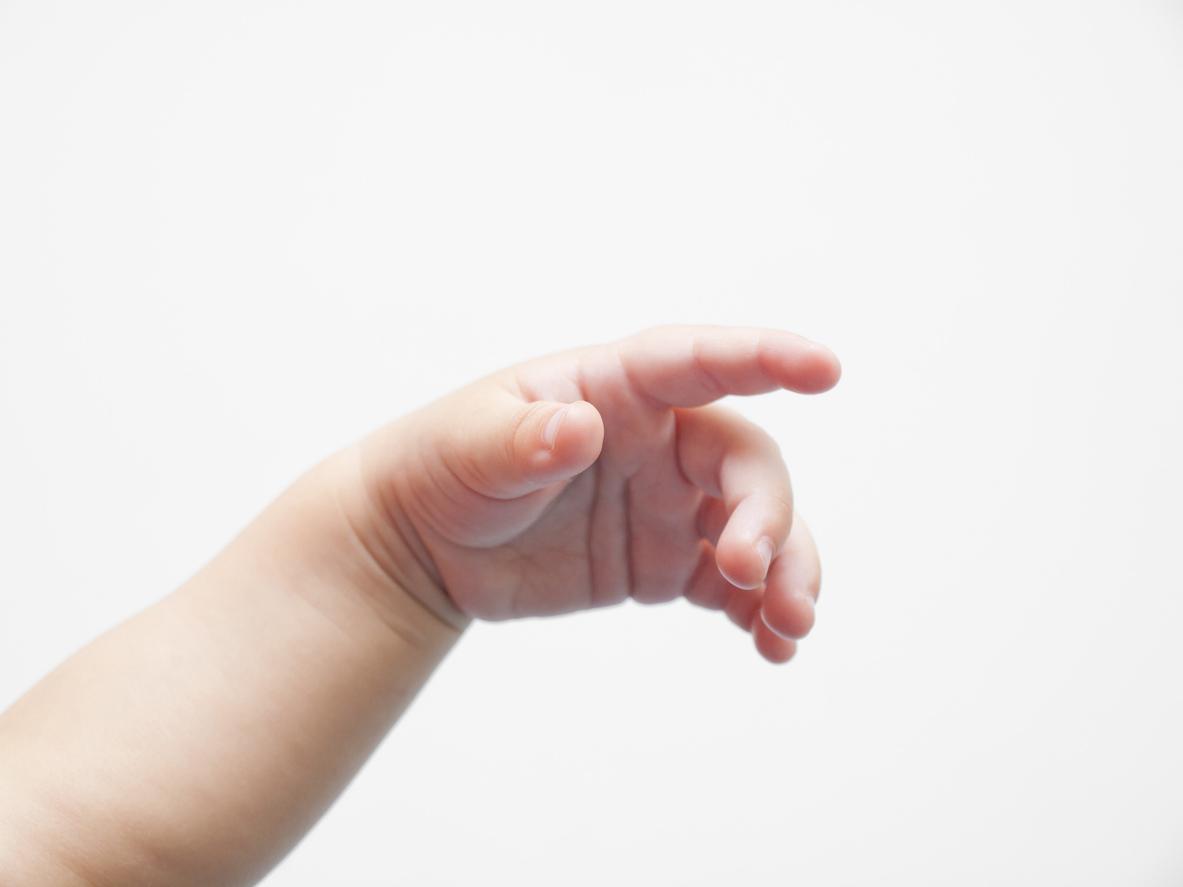With the closure of schools, more and more parents find themselves in a state of overwork which can lead them to a real burn-out.
-1587745837.jpg)
Following the confinement and the closure of schools and daycare services, children find themselves at home full time. Between homework, activities to occupy them, teleworking and household chores, many parents find themselves overwhelmed by the situation and consult for real states of burnout.
What is parental burnout?
Just like for “burn-out” or “professional overwork”, a parent who suffers because of too much work, lack of time, pressure of objectives or perfection, generally develops great fatigue, a loss of motivation, sleep disturbances, lack of concentration and attention. These first warning symptoms generally evolve into anxiety attacks, sadness that can go as far as dark thoughts, irritability and a complete loss of pleasure.
These symptoms of physical and psychological exhaustion can happen very quickly, especially in a context of confinement which increases the level of stress in general.
What can you do to avoid parental burnout?
To get out of this spiral of stress and pressure, it is essential to revise certain objectives downwards, and to agree to let go of what is possible. This can be, for example, not having a perfectly tidy or clean house, balanced meals, tidy and ironed laundry.
Instead, do not hesitate to cultivate kindness towards yourself, accept patience, and above all stop feeling guilty if everything is not under control. It is also important to give priority to taking care of yourself and giving yourself time for sports, relaxation, or relaxation.
If you really cannot find a solution and you feel tired, do not hesitate to ask your spouse or a family number for help, but also to consult a health professional, whether it is your doctor, a psychiatrist or a psychologist. Certain relaxation activities such as sophrology or meditation can help release certain tensions and take a step back from your emotions.
Find out more: “Parental burn-out: Avoiding it and getting out of it”, by Moïra Mikolajczak & Isabelle Roskam, Odile Jacob editions.
.















